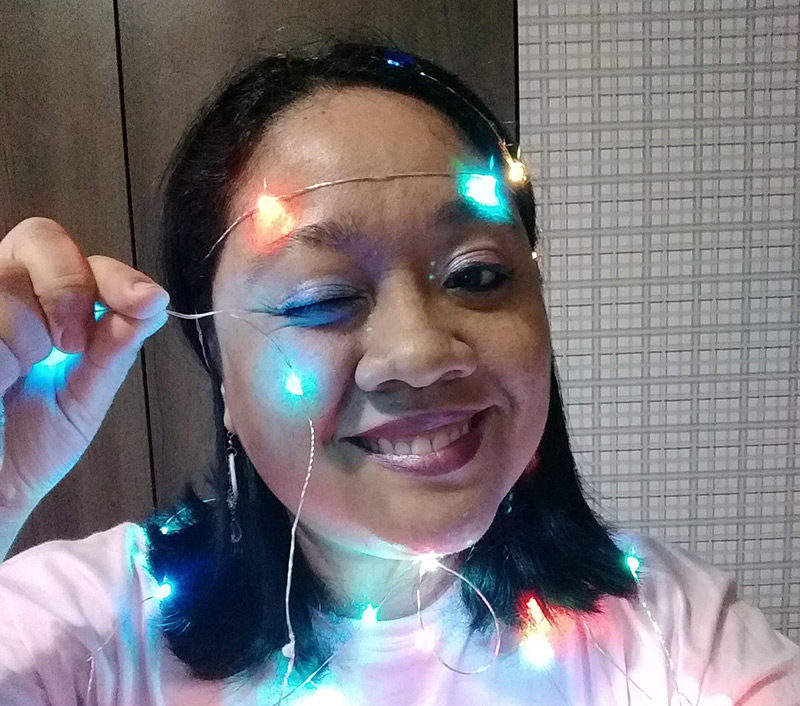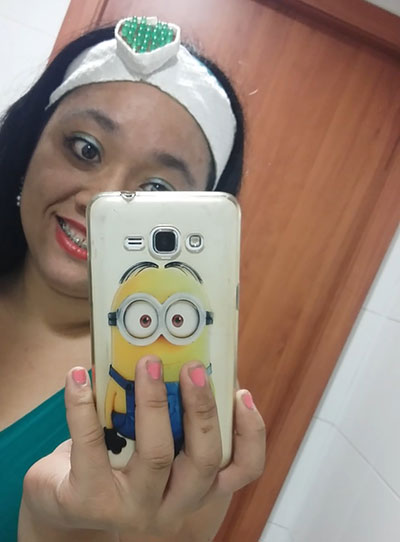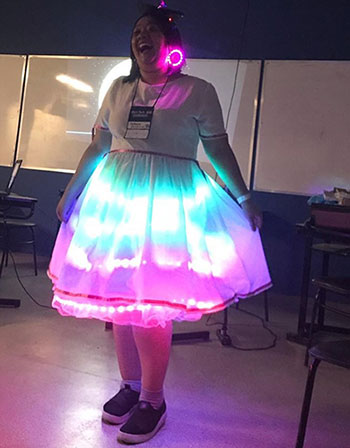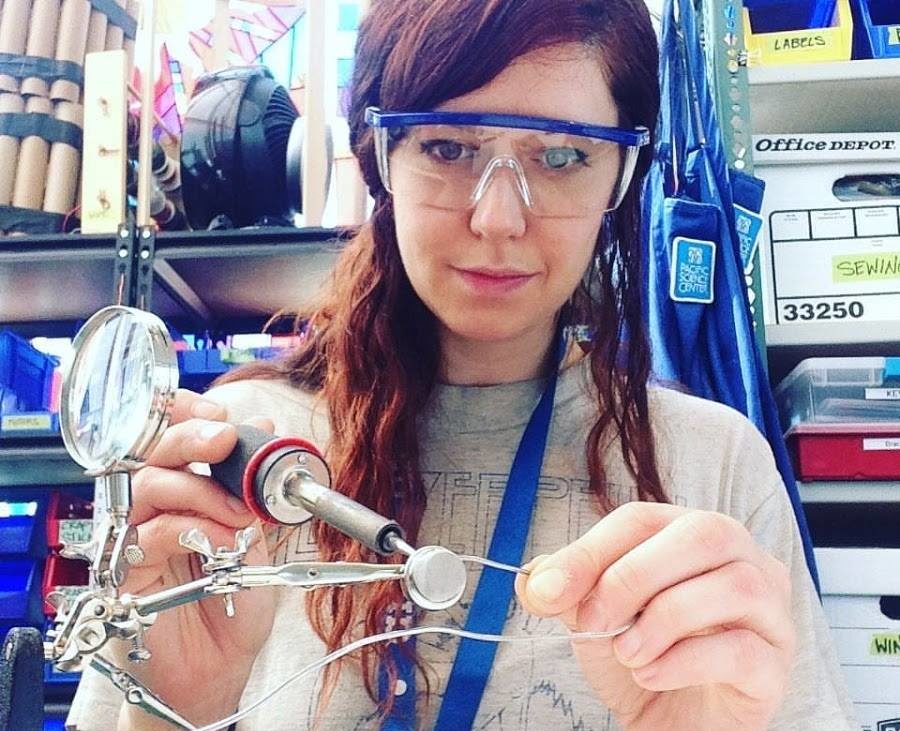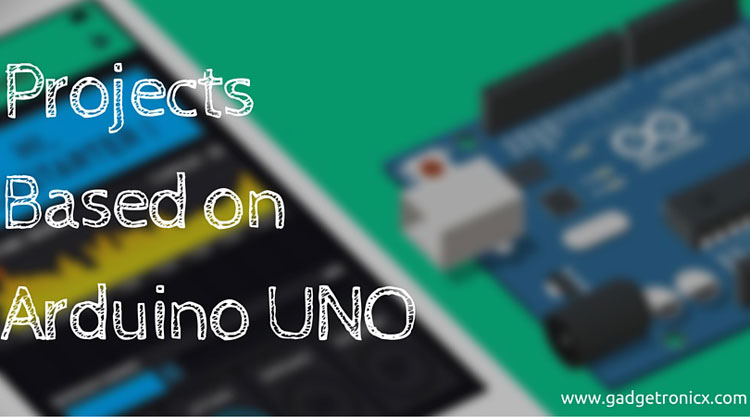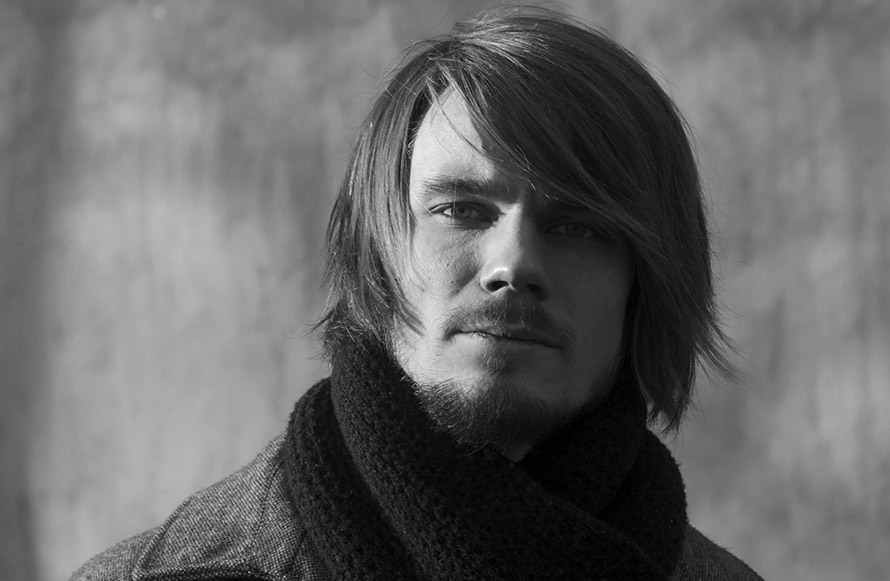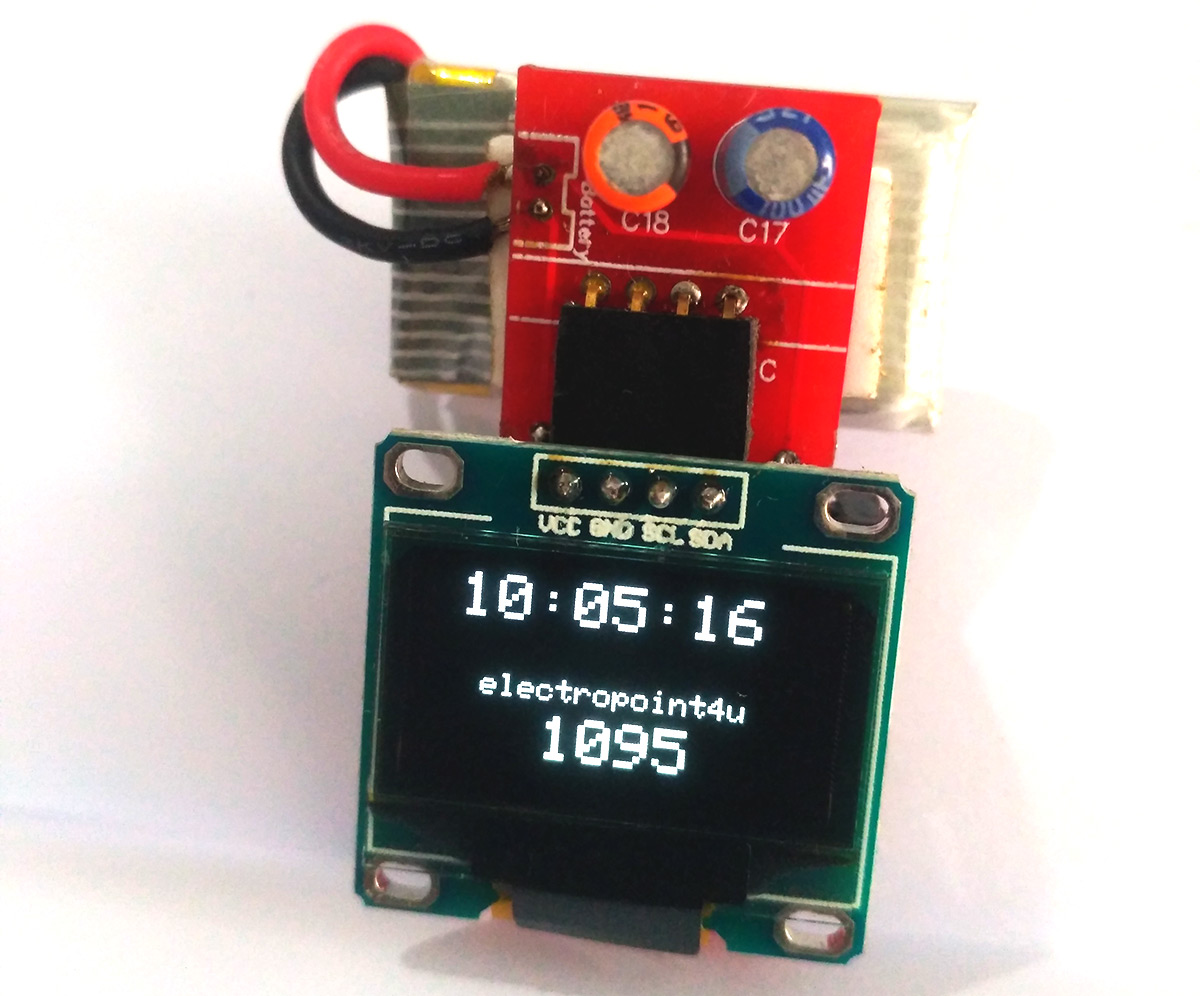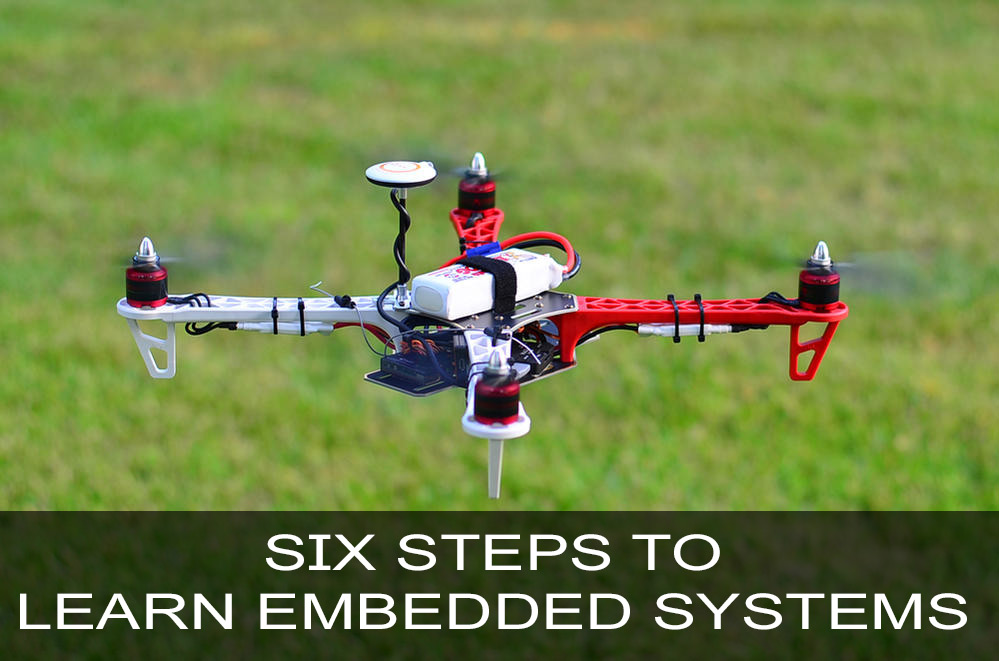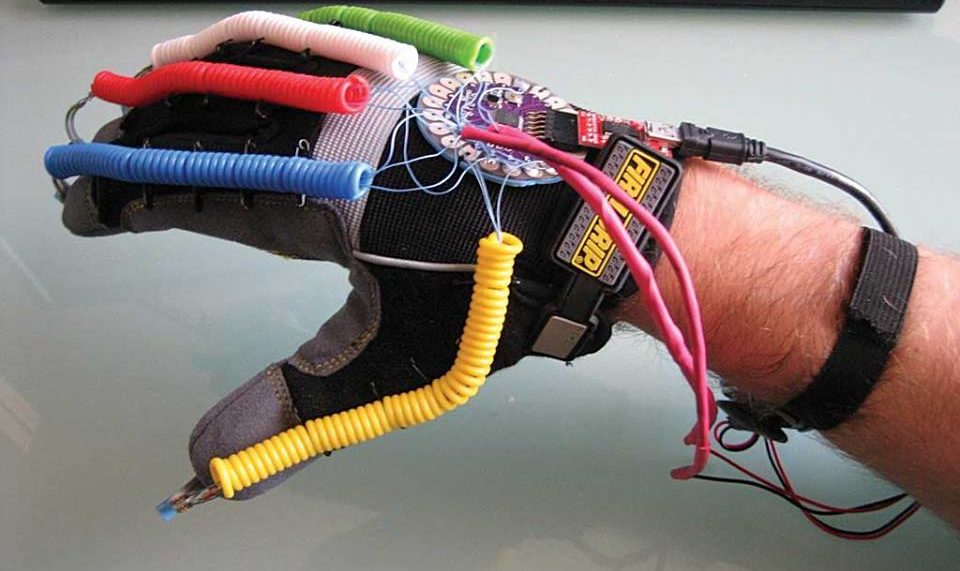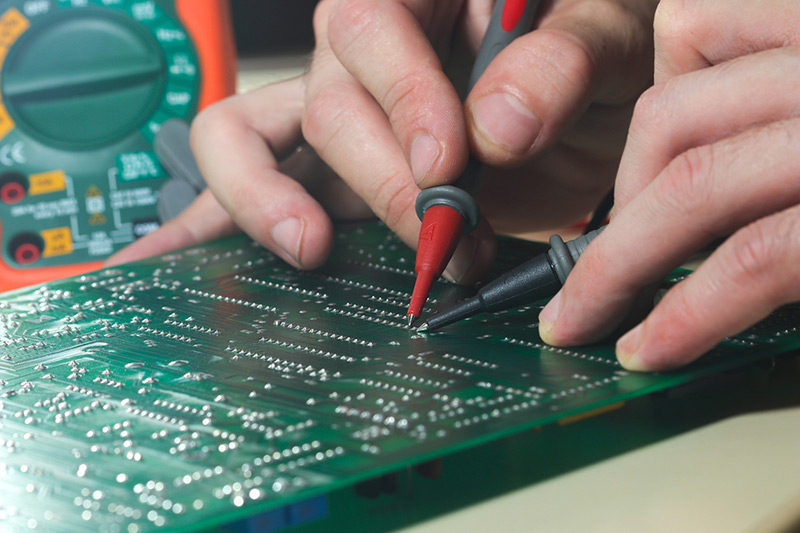Geadene Kenshima is a Professor, Educator, Engineer and an avid Maker. She loves teaching minds into the world of Engineering and very much fond of making Wearables and working with Arduino.
Instagram Handle: https://www.instagram.com/gedeanekenshima/
Q1. How long have you been a Maker ?
The term maker I met in 2015, the year I started giving presentations about Arduino. However, I consider myself a maker since I started the Technical course and started to understand how things worked.
Q2. How did you find out your love for Electronics ?
I met Electronics when I went to take a course in Industrial Automation Technician. I didn’t know what the course was about and what to expect, but on the first day of class I was delighted to know how things worked and realized that I wanted to learn more.
Q3. How did you balance your life as a teacher and as a Maker ?
My maker career really started in 2015, making the first project involving Arduino and Wearables. From then on, I started my life as a speaker all over Brazil. I held the first Arduino workshop in 2015 as well, but the first time in the classroom as a teacher was in March 2018. Teaching has taken up a lot of my time, but I do my best to reconcile with presentations and travel.
Q4. What’s your life outside Electronics and Teaching ?
It is very difficult to disconnect from teaching and electronics in everyday life. I’m always thinking of something new to take to the classroom or maybe some idea for a workshop.
When I’m not doing these things, I like to go out to eat, visit tourist sites and sleep (laughs).
Q5. What’s the most challenging project you have ever done ?
There are two projects that were very challenging. I would like to mention my second project, which was a tiara I called the Heartband. It consists of a heart-shaped array of LEDs, based on a project I saw on the Make website. As I did not have the materials used in the original project, I improvised with what I had and the process was quite handmade. And besides soldering the LEDs one by one and testing them in matrix format, in programming I had to also test rows and columns to make the format I wanted. It was about a month to get everything working.
The other project, involving the Internet of Things, consists of a dress called LEDress. It has RGB LED strips that change color according to web browser commands. The most challenging part was thinking of a structure to make the dress look ‘armed’. I used wires and I always need to smooth them out when I am going to present a talk with the dress.
Q6. Tips to budding Electronics Enthusiast ?
To be enthusiastic requires being curious, wanting to learn how things work. Experiencing things and touching them brings tremendous learning. Attending learning spaces and talking to other people is cool too. And this hobby comes with costs, I advise you to set aside money to buy parts and equipment gradually.
Q7. Am ambitious to establish my career in Electronics ? Where should I start ?
For a career it is necessary to study hard. I suggest starting with a Technical course and then moving on to a higher degree (Technologist or Engineering). However, it is not only the student who does only what the teacher proposes. Always go further, seeking knowledge and performing practices at home or in the laboratory.
Q8. Why you are so much fascinated by Wearable projects ?
My area of training is Industrial Control and Automation. However, my fascination with Wearables began in late 2014 when I met the wearable Lilypad Arduino version and the conductive line. Since I saw that most hobbyists were doing robotics and automation projects, I preferred to follow the Wearables line. Since then it has generated good visibility for me.
Q9. Suggest some good hardware platforms apart from Arduino ?
I also use platforms based on ESP8266, which has a lot of similarities with Arduino, and already have Wi-Fi. I did experiments with Raspberry Pi but didn’t do any projects with it. I have tried other STM32 platforms from Renesas and Texas, but they are more difficult to acquire in Brazil.
Q10. If not for teaching what you would have become ?
I only realized that I would be teaching after my first presentation in 2015. Today I do not see myself performing another function. Maybe if I wasn’t a teacher and maker, I would have become a programmer or a photographer.

